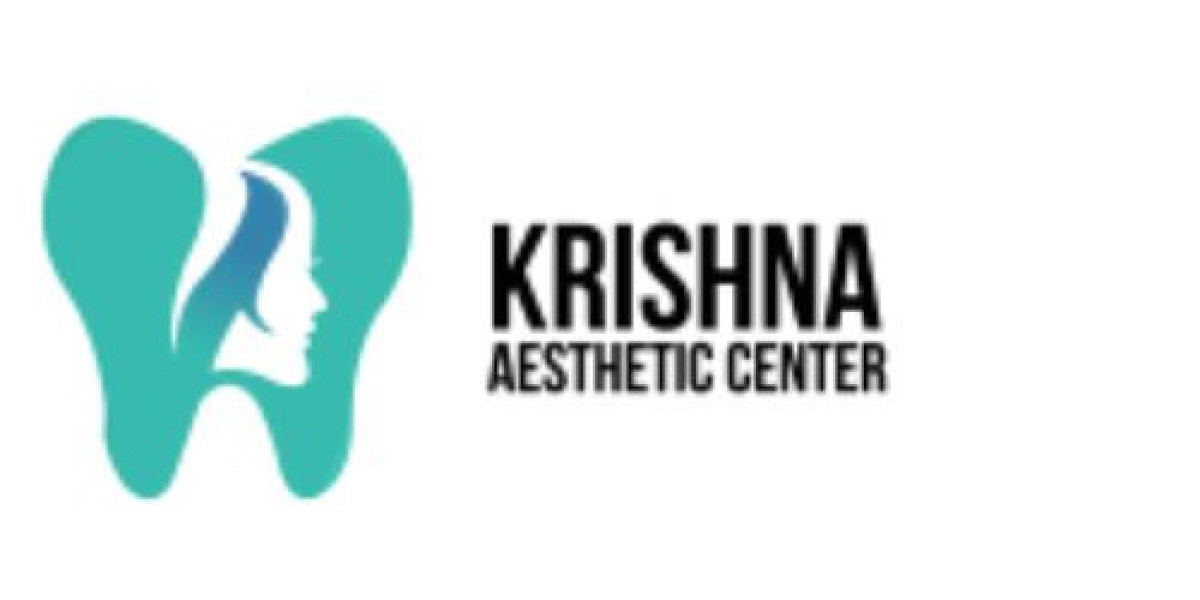In today's world, where appearance and self-care have become central to personal and professional confidence, the demand for experts in facial aesthetics and cosmetology is soaring. One of the most sought-after qualifications in this field is the Master of Science (MSC) in Facial Aesthetics and Cosmetology. This advanced degree is designed for those looking to elevate their careers in the dynamic field of cosmetic science and beauty therapy. This article will explore the key aspects of the MSC in Facial Aesthetics and Cosmetology, including its benefits, curriculum, career prospects, and why it might be the right choice for you.
What is an MSC in Facial Aesthetics and Cosmetology?
An MSC in Facial Aesthetics and Cosmetology is a postgraduate degree that focuses on advanced knowledge and skills in aesthetic treatments, cosmetic procedures, and skin health. This program integrates scientific principles with practical applications to equip students with a comprehensive understanding of both the medical and aesthetic aspects of facial treatments. It typically involves an in-depth study of skin biology, cosmetic dermatology, and cutting-edge cosmetic technologies.
Key Components of the Program
Curriculum: The curriculum of an MSC in Facial Aesthetics and Cosmetology usually includes a combination of theoretical and practical modules. Students can expect to study subjects such as:
Advanced Dermatology: Understanding skin types, conditions, and advanced treatments.
Facial Aesthetic Procedures: Techniques for non-surgical facial enhancements, including injectables and laser treatments.
Cosmetic Chemistry: Formulation and application of cosmetic products.
Clinical Practice: Hands-on experience with real patients under supervision.
Research Methods: Training in research techniques to contribute to the field's advancement.
Research and Dissertation: Many programs require students to complete a research project or dissertation, allowing them to explore a specific area of interest in depth and contribute original findings to the field.
Professional Development: The program often includes elements designed to enhance professional skills, such as business management, patient communication, and ethical considerations in cosmetic practice.
Benefits of Pursuing an MSC in Facial Aesthetics and Cosmetology
Expert Knowledge and Skills: This degree offers advanced training that goes beyond basic aesthetics, equipping graduates with expertise in sophisticated procedures and technologies.
Career Advancement: With this qualification, professionals can move into more specialized roles, such as clinical directors, lead aestheticians, or cosmetic consultants.
Increased Credibility: An MSC demonstrates a high level of expertise and commitment to the field, enhancing credibility and trust with clients and employers.
Networking Opportunities: Students often have the chance to connect with industry leaders, professionals, and peers, which can open doors to new opportunities and collaborations.
Research and Innovation: The program fosters an environment of research and innovation, allowing graduates to contribute to the development of new techniques and treatments.
Career Prospects
Graduates with an MSC in Facial Aesthetics and Cosmetology have a wide range of career opportunities. They can work in various settings, including:
Medical Spas and Clinics: Offering advanced aesthetic treatments and procedures.
Cosmetic Dermatology Practices: Providing specialized skin care and cosmetic interventions.
Pharmaceutical and Cosmetic Companies: In roles related to product development and clinical trials.
Academia and Research: Teaching and conducting research in academic or research institutions.
Additionally, some graduates may choose to start their own practices or consultancy services, leveraging their advanced skills and knowledge to provide personalized aesthetic solutions.
Why Choose an MSC in Facial Aesthetics and Cosmetology?
If you are passionate about beauty and skincare, and you seek to deepen your expertise in this field, an MSC in Facial Aesthetics and Cosmetology offers a pathway to professional growth and specialization. It combines scientific knowledge with practical skills, preparing you to meet the growing demand for advanced aesthetic treatments and services. With the industry's rapid evolution, staying ahead through advanced education is not only advantageous but often essential for career success.
In conclusion, pursuing an MSC in Facial Aesthetics and Cosmetology can be a transformative step for those looking to excel in the beauty and skincare industry. The program provides a robust foundation in both the science and practice of cosmetic treatments, positioning graduates for success in a competitive and ever-evolving field. Whether you aim to enhance your current practice or embark on a new career path, this degree offers the tools and knowledge necessary to achieve your professional goals.


